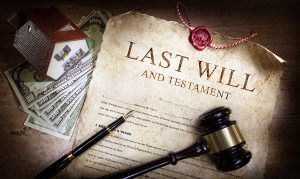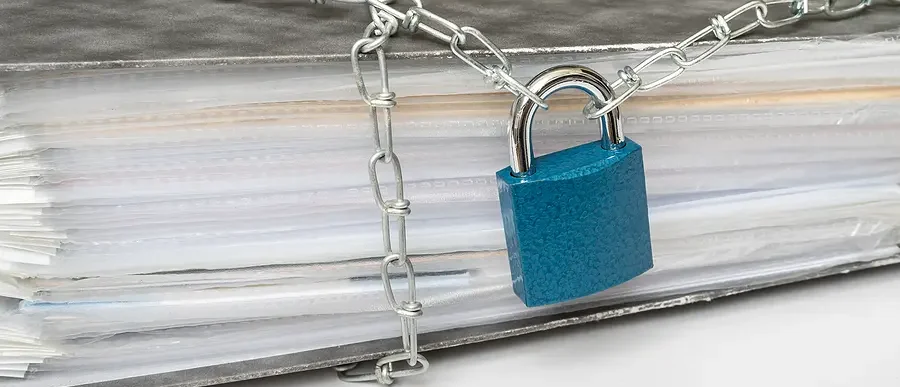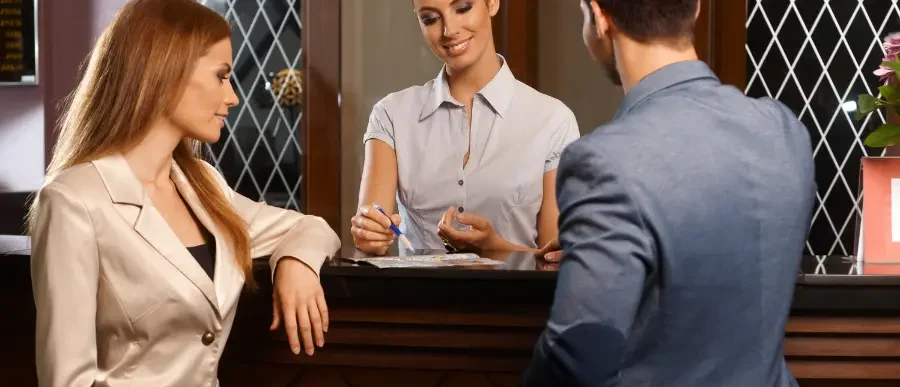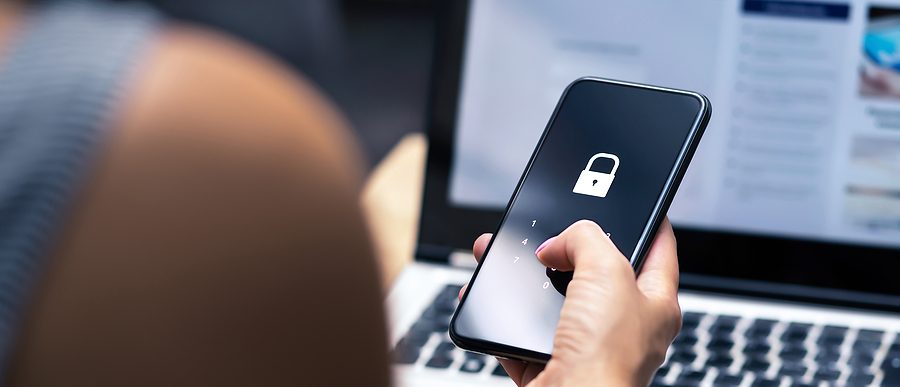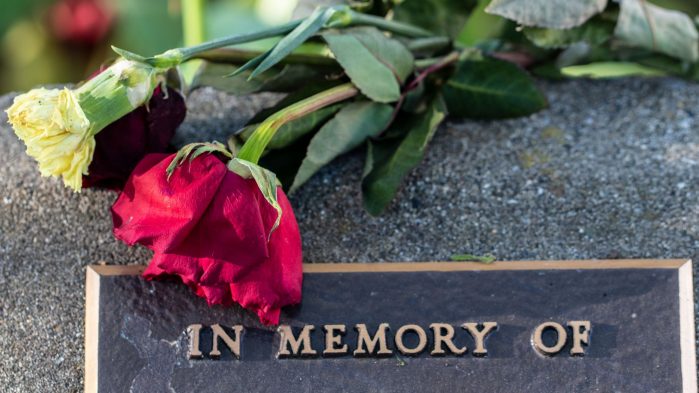
Death and document destruction may seem unrelated at first glance. There are few things more difficult than dealing with the death of a loved one. Unfortunately, many people don’t prepare for this inevitability ahead of time. This often leaves family members with the burden of sorting through paperwork and personal effects. It can be difficult to know what to keep and what to discard. We spoke to CPA, CFO, and founder of My Macro Memoir Jaclyn Strauss to get her professional opinion on what to do. Watch our interview below:
What to Keep and What to Destroy
Knowing what to keep and what to destroy is the first step in dealing with documents following a death. This can be a daunting task at first. In some instances the deceased may have had everything organized. However in many cases the passing could be sudden or unexpected. While many items can now be stored digitally, Jaclyn explains that some of these documents must be kept in physical form. Additionally, some of these forms must be kept indefinitely. Some of these items include:
- Wills or trusts

- Bank information
- Death certificates, birth certificates, marriage or divorce certificates
- Power of attorney
- Life insurance policies
- Three years worth of tax documents
There may be other items you’ll want to keep in physical form, but Jaclyn also recommends having a digital backup for all of these documents as well. Floods, fires, and natural disasters can happen unexpectedly. It’s best to have a digital backup, just in case. Jaclyn mentions the recent Surfside condo collapse that killed 97 people unexpectedly. “It’s likely that not many of these people had their affairs in order. No one expects your bed to fall out from under you in the middle of the night. Never.” It’s important to try and be prepared ahead of time.
Anything else that that isn’t important should be organized for professional shredding. “If you don’t, you’re opening yourself up to be compromised.” Aside from protecting the deceased from fraudulent activity, it’s possible there could be unclaimed assets that may be discovered at a later date. In those instances, having the physical paperwork can help make claiming those assets easier.
Can a Deceased Person be the Victim of Identity Theft?
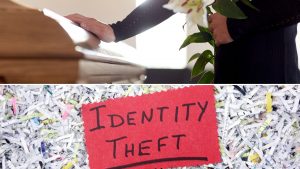
“Unfortunately they can” Jaclyn says. There was actually a sharp increase in identity theft across the board during the pandemic. This is one reason it’s important to have everything organized. “Anything that doesn’t need to be kept in physical form or digitally, should be professionally shredded. Otherwise you’re opening yourself up to exposure. You never know who might be going through the trash.” Dumpster diving is actually legal in all 50 states due to a 1988 Supreme Court case. It’s best to take everything that might have personal information and have it shredded. Even if discarded paperwork is decades old, it still might contain personal identifiable information.
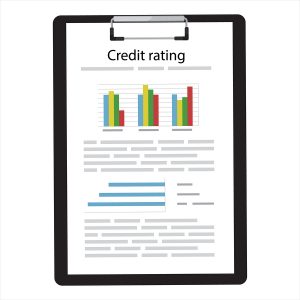
While most of us can check a credit report anytime we’d like, it’s not so easy for the deceased. It can sometimes take months or years for this type of identity theft to become apparent. Criminals can continue to file for social security, unemployment, or other financial assistance that may be available. “For someone who’s a professional, it can be very easy” to commit this type of fraud Jaclyn says. Various government programs introduced during the Covid pandemic, as well as limited staff, can make it very difficult to catch this criminal activity. Jaclyn goes on to say “many people don’t know about this type of fraud until the authorities contact you. This is one reason that you’ll want some of those documents in physical form. To prove that the person being victimized is deceased.”
Steps to be Prepared

Jaclyn recommends that everyone prepare in advance for the inevitability of death. “If you don’t, you’re not doing your loved ones any favors” she says. “We all have things that are important, no matter what stage of life you’re in. It’s better to have things organized than to have your family members searching for breadcrumbs.” Being in Florida, she reiterates the recent Surfside tragedy. “No one could ever prepare for something like this, it’s why we don’t want to wait for the unexpected.”
Jaclyn breaks it down even further. “We tend to separate things into two categories, important and urgent. We always deal with the urgent because it’s the most pressing. The problem with that thinking, is that the important always becomes the urgent.” She advises setting benchmarks for yourself, and getting organized as you go. It will not only help you be more efficient in your everyday life, it’ll also help those you care about in the event of a tragedy.
Shred Nations can Help
The passing of a loved on can present a number of challenges. Aside from the loss and grief of losing someone, organizing paperwork might be the least of your concerns. Unfortunately, putting off this vital step can open you or your loved ones up to fraud. Shred Nations can help in a number of ways with this part of the process. We can help you find the best way to destroy documents, whether that’s scheduling a pickup or helping you find a drop-off location. We can even help you find the right service to scan, digitize, or safely store physical documents you may want to keep.

Give us a call at (800) 747-3365, fill out the form on this page, or contact us directly using our live chat for free quotes on service providers near you. We can match you with top professionals in your area to fit your specific needs. Preparing ahead of time can help ease the burden on our friends and family.






